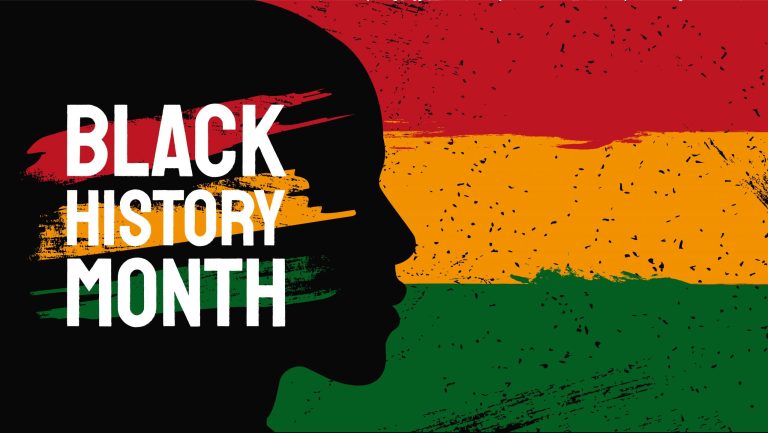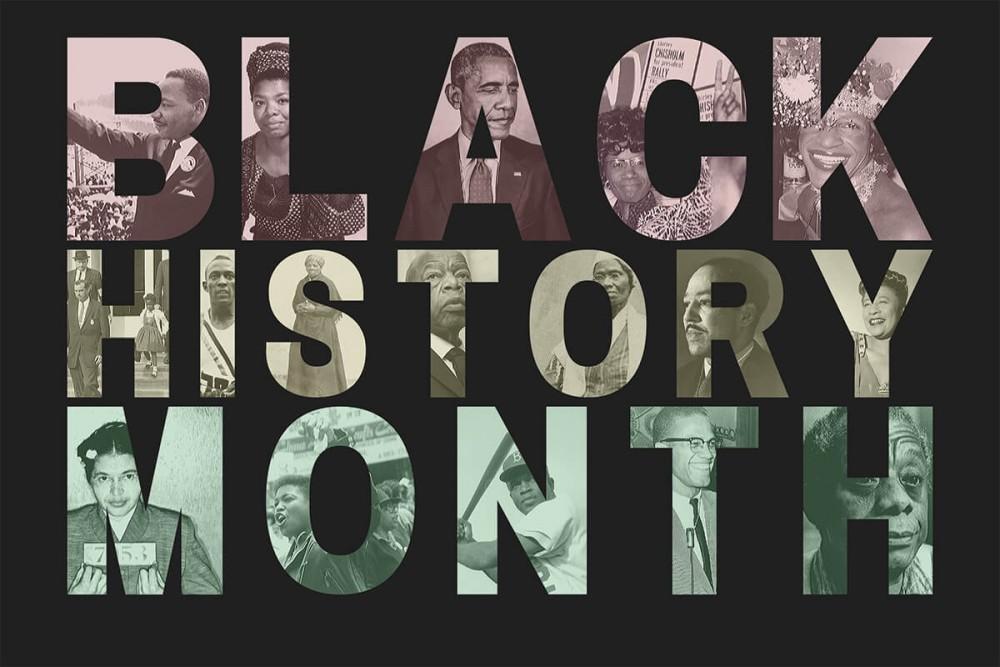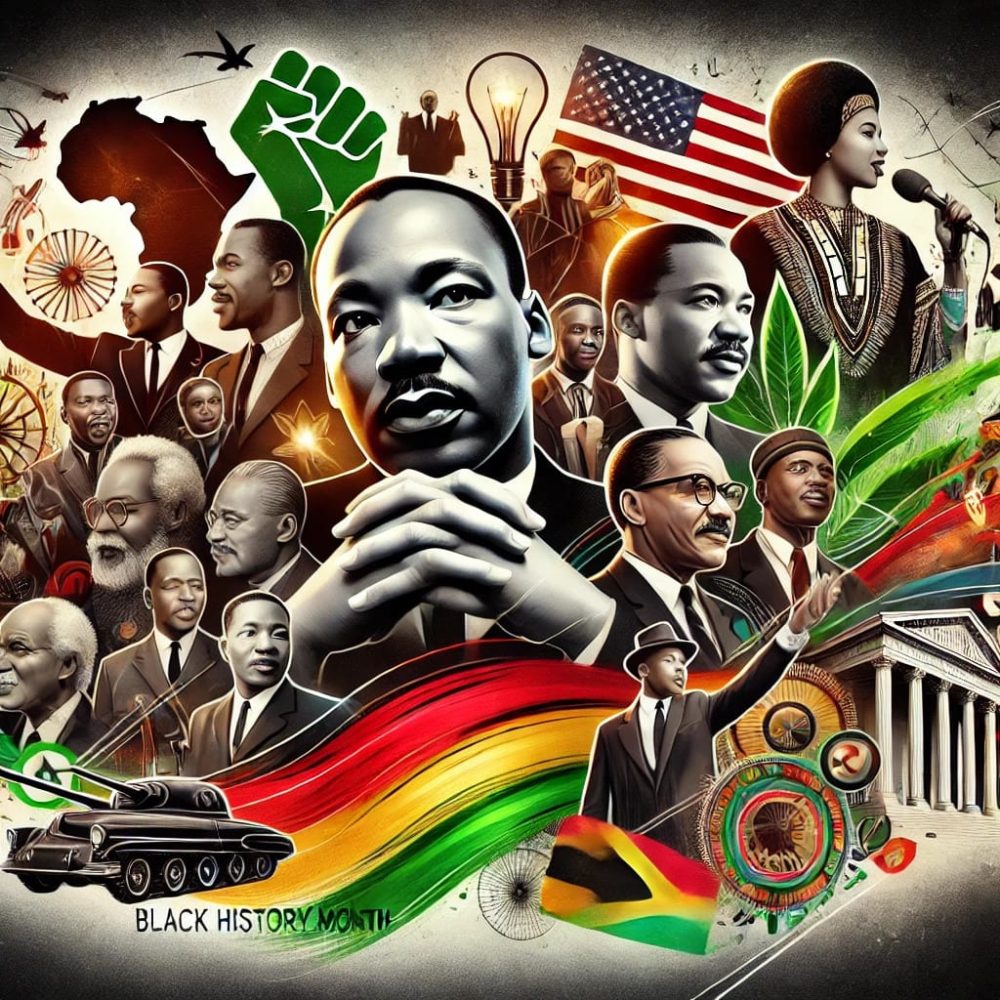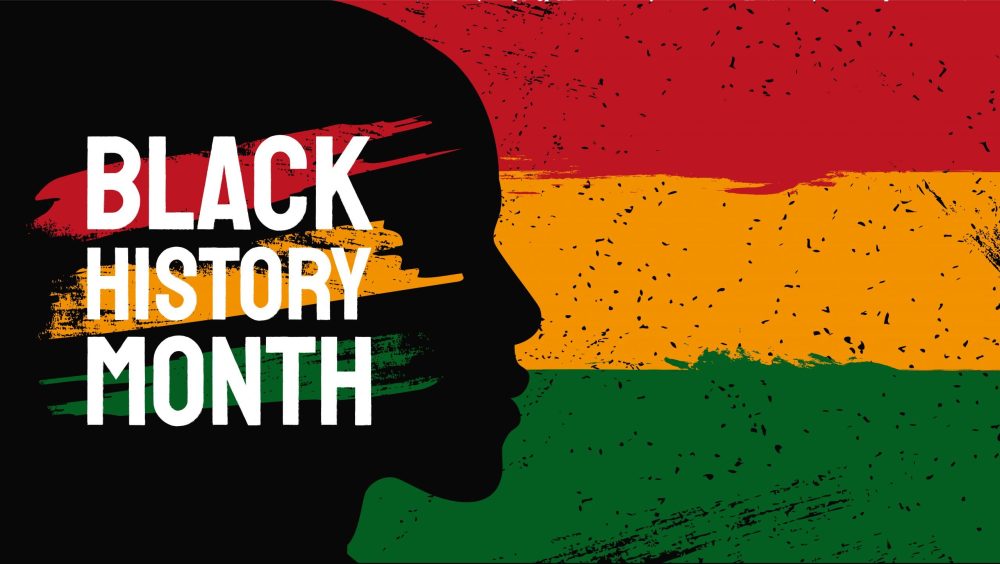
Monthly Feature: February
New York, N.Y. — Every February, the United States comes alive with vibrant celebrations, educational events, and heartfelt tributes during National Black History Month.
This annual observance, which began as a week-long event in 1926, has grown into a month dedicated to honoring the rich heritage, remarkable achievements, and enduring resilience of African Americans. It’s a time to reflect on the past, celebrate the present, and inspire a future where equality and recognition flourish.
Begun in 1926, this month is dedicated to honoring the rich heritage,
remarkable achievements, and enduring resilience of African Americans
National Black History Month traces its roots to historian Carter G. Woodson, who launched “Negro History Week” nearly a century ago. Woodson chose February to coincide with the birthdays of Abraham Lincoln and Frederick Douglass, two towering figures in the fight for freedom and justice.

In 1976, this week expanded into a month-long celebration, officially recognized by the U.S. government, thanks to the tireless advocacy of the Association for the Study of African American Life and History (ASALH), which Woodson founded. Today, it’s a cornerstone of cultural awareness, embraced by schools, communities, and leaders nationwide.
Why does it matter?
National Black History Month shines a spotlight on the contributions of African Americans often overlooked in mainstream narratives.

It’s a chance to honor inventors like Garrett Morgan, who created the traffic light, and cultural icons like Maya Angelou, whose words continue to inspire.
It’s also a reminder of the struggles—slavery, segregation, and systemic inequality—that African Americans have overcome, fostering a deeper understanding of their pivotal role in shaping the nation.
In 2025, with the theme “African Americans and the Arts,” the focus is on creativity, from jazz legends to contemporary filmmakers, showcasing the boundless impact of Black talent.
The importance of this month resonates far beyond history lessons.
It’s a call to action for unity and progress. Schools host events, museums unveil exhibits, and communities gather to celebrate. It’s a time when people of all backgrounds can learn, appreciate, and amplify Black voices. According to a recent survey by the National Education Association (NEA), 78% of educators say teaching Black history fosters empathy and critical thinking in students—skills vital for a harmonious society.
Famous figures have long championed this celebration.
Former President Barack Obama, during his tenure, issued annual proclamations calling Black History Month a time to “celebrate the countless contributions of African Americans.”
Oprah Winfrey, a media mogul and philanthropist, has consistently supported events tied to the month, once saying, “Understanding our history is key to unlocking our potential.”
Musical icon Stevie Wonder has performed at commemorative concerts, while athletes like Serena Williams use their platforms to highlight its significance, often sharing messages of pride and empowerment on social media.

Hollywood has also joined the chorus.
Actor Chadwick Boseman, before his passing in 2020, spoke passionately about the need to recognize Black history year-round, but especially in February.
Modern stars like Zendaya and John Legend continue that legacy, attending galas or posting tributes that reach millions.
Even global leaders, such as Canada’s Prime Minister Justin Trudeau, have acknowledged the month, reflecting its international influence as Canada and the U.K. host their own versions in February and October, respectively.

This year’s celebrations promise to be particularly uplifting.
Cities like Atlanta and Washington, D.C., are planning art festivals, while virtual events ensure accessibility for all.
Libraries are expanding collections of Black-authored books, and organizations like the NAACP are hosting workshops to engage younger generations.
It’s a collective effort to ensure the stories of trailblazers—past and present—aren’t just remembered, but celebrated with joy and gratitude.
National Black History Month isn’t just a look back; it’s a leap forward.
It inspires future leaders, artists, and innovators by showing what’s possible when talent meets opportunity.
As Woodson once said, “If a race has no history, it has no worthwhile tradition.” This February, Americans are invited to join the festivities, learn something new, and honor a legacy that continues to shape a brighter, more inclusive tomorrow.

Join the celebration this February!
Explore African American history, attend local events, read works by Black authors, or share stories of inspiring figures on social media with #BlackHistoryMonth.
Let’s honor the past and amplify Black voices together—every step you take helps build a more inclusive future!”
#BlackHistoryMonth #CelebrateBlackExcellence #AfricanAmericanHeritage
